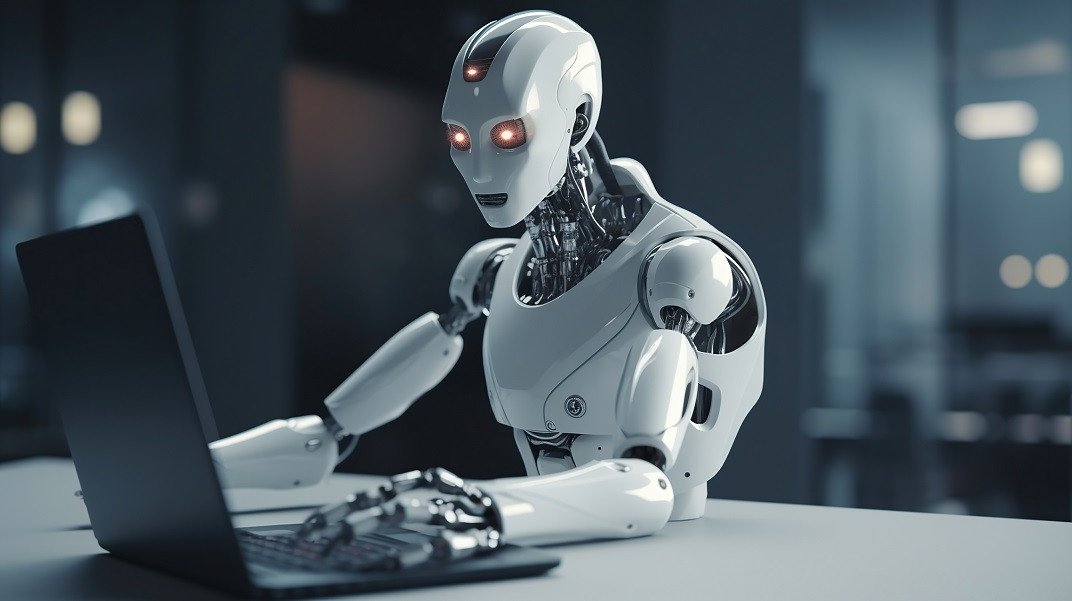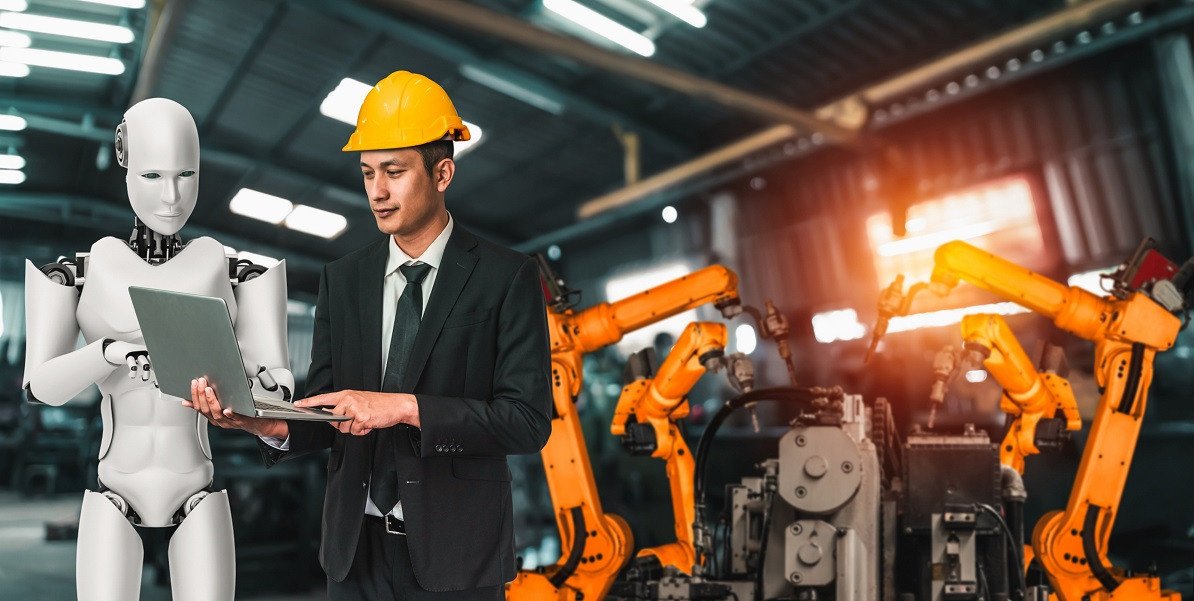Harnessing the Power of AI: Understanding the Impact on Employee Brain Activities
Introduction:
Artificial Intelligence (AI) has become a transformative force in various industries, revolutionizing the way we work and interact with technology. Beyond its tangible applications, AI is now making waves in the realm of understanding and influencing employee brain activities. This article explores the fascinating impact of AI on employee brain activities, delving into the potential benefits and ethical considerations associated with this emerging field.

- Cognitive Enhancement and Efficiency:
AI-powered tools can augment human cognitive abilities and enhance employee productivity. By analyzing vast amounts of data and providing valuable insights, AI algorithms can assist employees in making informed decisions more efficiently. For example, AI-powered assistants can process information, prioritize tasks, and recommend actions, relieving employees of cognitive overload and allowing them to focus on higher-value work. By streamlining cognitive processes, AI can boost productivity and help employees achieve their goals more effectively.
- Personalized Learning and Development:
AI offers personalized learning experiences tailored to individual employees' needs and learning styles. Adaptive learning platforms powered by AI algorithms can analyze an employee's cognitive patterns, strengths, and weaknesses to create customized training programs. These programs can adapt in real-time based on an employee's progress and performance, ensuring optimal engagement and knowledge retention. By leveraging AI for personalized learning, organizations can foster continuous growth and skill development among their employees.
- Emotional Intelligence and Well-being:
AI technologies are advancing in the area of emotional intelligence, enabling systems to recognize and respond to human emotions. AI-powered chatbots or virtual assistants can employ sentiment analysis algorithms to gauge employee emotions during interactions. This capability allows organizations to provide timely support and intervention when employees are experiencing stress or burnout. Moreover, AI can facilitate mental well-being by providing personalized recommendations for stress management, meditation, or work-life balance, promoting a healthier and more engaged workforce.
- Ethical Considerations:
As AI interacts with employee brain activities, ethical considerations become crucial. It is essential to ensure the privacy and security of personal brain data. Transparency and consent are vital factors in collecting and analyzing brain activity data to prevent any infringement on employees' rights. Organizations must establish robust ethical frameworks and adhere to strict data protection regulations to build trust and maintain the well-being of employees. Ethical oversight and continuous monitoring are necessary to prevent potential misuse of AI in brain activity analysis.
- Collaboration and Human-AI Integration:
AI's impact on employee brain activities should be viewed as a collaboration between humans and machines rather than a replacement. Combining human ingenuity with AI capabilities allows for enhanced problem-solving, creativity, and innovation. Employees can leverage AI-powered tools to offload repetitive tasks, freeing up mental space for critical thinking and higher-order cognitive functions. This human-AI integration enables employees to focus on areas where human skills, such as empathy, complex reasoning, and creativity, remain essential.
Conclusion:
The impact of AI on employee brain activities is multifaceted, offering cognitive enhancement, personalized learning, emotional intelligence, and well-being support. While embracing the benefits, organizations must navigate the ethical considerations surrounding data privacy and ensure a collaborative human-AI approach. By harnessing the power of AI in understanding and influencing employee brain activities, organizations can unlock new levels of productivity, engagement, and well-being in the workplace. With careful implementation and ethical guidelines, AI has the potential to revolutionize how we work, learn, and thrive in the digital age.
seo.call-to-action.title
seo.call-to-action.money-back
seo.call-to-action.message


